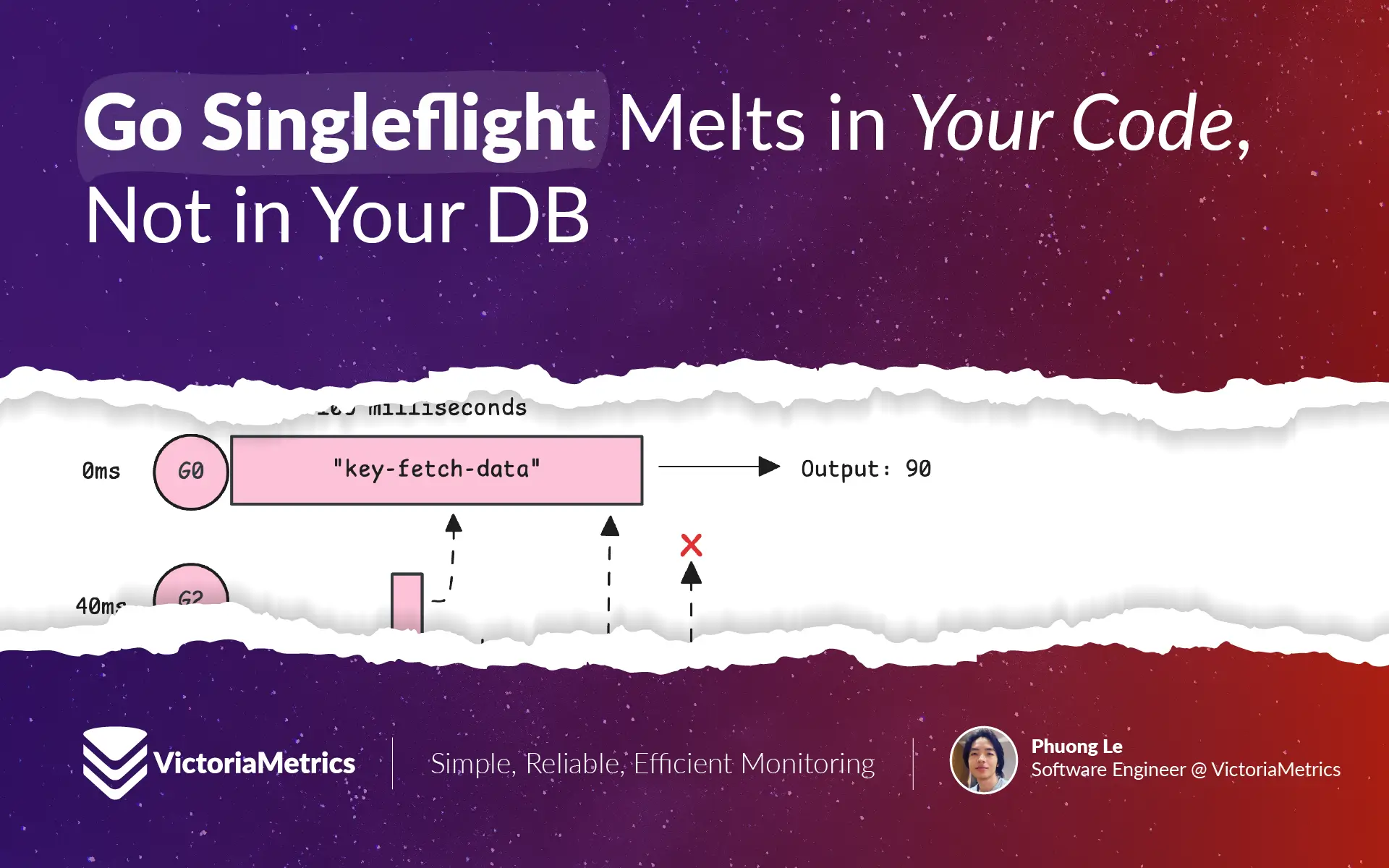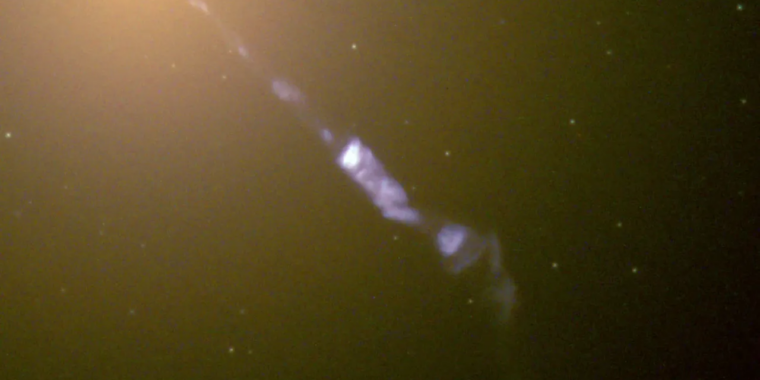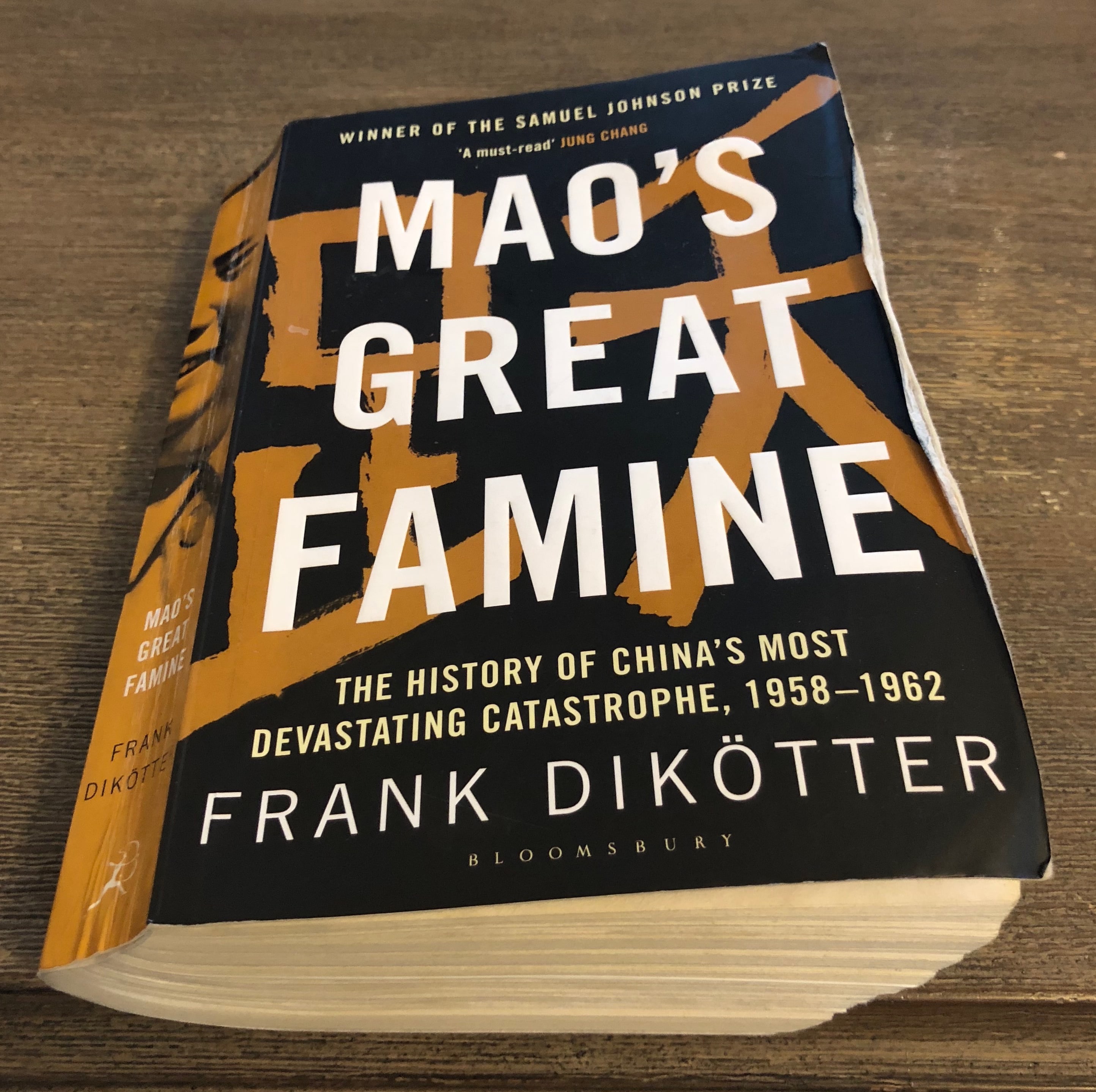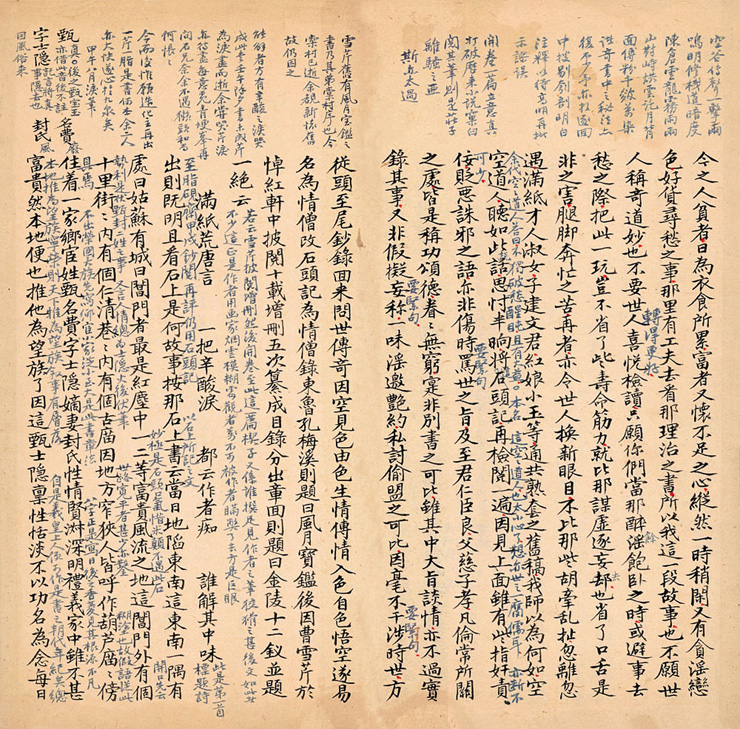C is not Turing-complete
The C standard bakes in enough details about pointers such that the amount of memory a C program can access (even on a hypothetical infinite-memory machine) is bounded and statically known. Access to an unbounded amount of memory is necessary (but not sufficient) for Turing completeness. Therefore C is not Turing complete.
This is an argument about the specification of C, not any particular implementation. The fact that no real machine has unbounded memory is totally irrelevant.
A friend told me that C isn’t actually Turing-complete due to the semantics of pointers, so I decided to dig through the (C11) spec to find evidence for this claim. The two key bits are 6.2.6.1.4 and 6.5.9.5:
Values stored in non-bit-field objects of any other object type consist of n × CHAR_BIT bits, where n is the size of an object of that type, in bytes. The value may be copied into an object of type unsigned char [n] (e.g., by memcpy); the resulting set of bytes is called the object representation of the value. Values stored in bit-fields consist of m bits, where m is the size specified for the bit-field. The object representation is the set of m bits the bit-field comprises in the addressable storage unit holding it. Two values (other than NaNs) with the same object representation compare equal, but values that compare equal may have different object representations.
The important bit is the use of the definite article in the first sentence, “where n is the size of an object of that type”, this means that all types have a size which is known statically.














